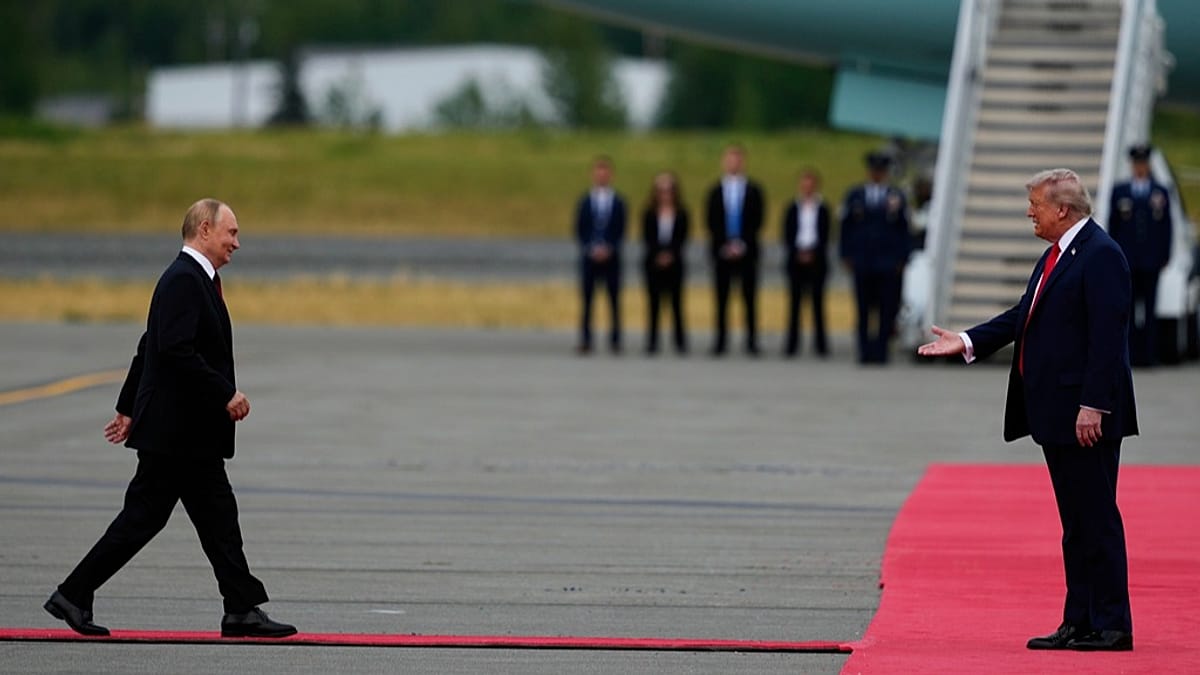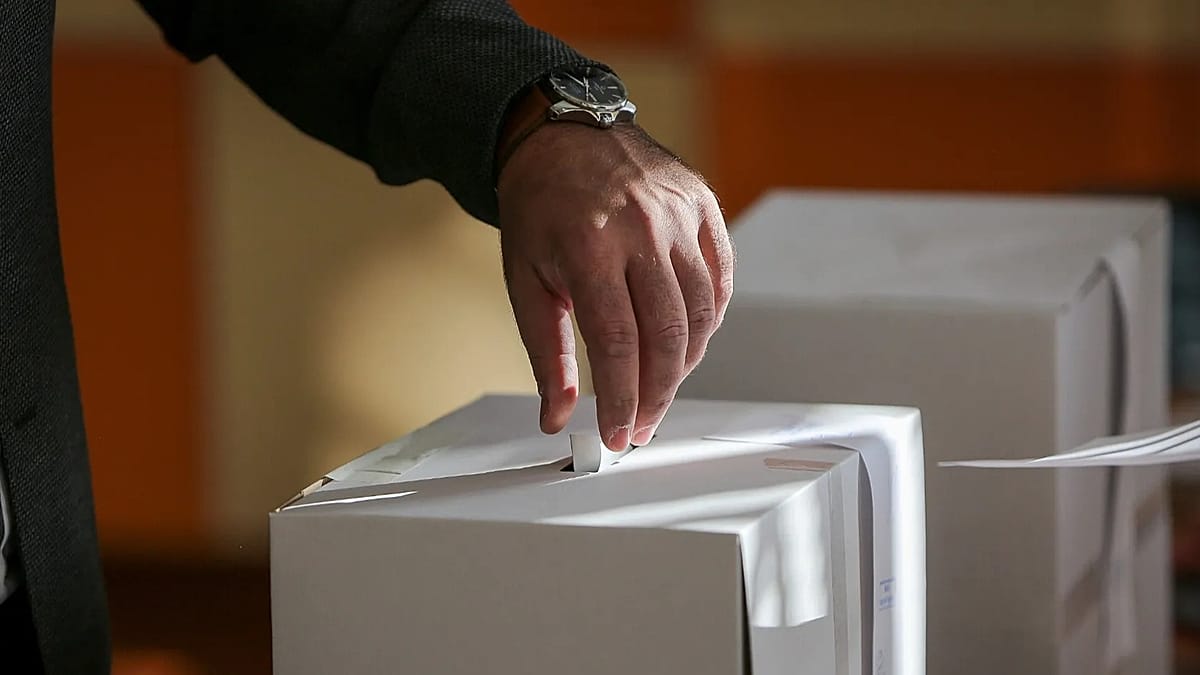
The New Zealand passport has been ranked as one of the most powerful in the world.
New Zealand’s passport sat in a joint sixth place on the latest Henley Passport Index, which ranks passports based on the number of destinations their holders can access without a prior visa.
The index included 199 different passports and 227 different travel destinations.
Alongside New Zealand in sixth were Greece, Hungary, Norway, Portugal, and Sweden – all six countries had a visa-free score of 186.
When it came to openness, however, New Zealand ranked 73rd, alongside Benin, Ghana, and Guyana, allowing visa-free access to 61 passports, while New Zealand citizens could enter 186 countries visa-free.
New Zealand had one of the widest disparities between visa-free access and openness, scoring similarly to Australia, Canada, the United States, and Japan.
Singapore once again took out the top spot, with visa-free access to 193 destinations, followed by South Korea in second with 190, and Japan in third with 189.
Australia tied for seventh with a score of 185, alongside Czechia, Malta, and Poland.
The lowest-ranked country was Afghanistan with a score of 24. Ahead of it were Syria, with a score of 26, and Iraq, with a score of 29.
The United States was the biggest surprise from the latest rankings, falling outside the top 10 to a joint 12th with Malaysia, scoring 180.
The morning’s headlines in 90 seconds, including calls for driving fines to go up, how a doorbell leaked politicians’ phone numbers, and a scary moment at a gorilla enclosure. (Source: 1News)
The US passport had once been the most powerful in the world, unrivalled in the 2014 rankings.
Dr Christian H Kaelin, creator of the index, said the declining strength of the US passport had been caused by the opening of other countries’ borders, and countries like Brazil suspending visa-free access due to a lack of reciprocity.
The US allows passport holders from just 46 countries to enter visa-free.
“The declining strength of the US passport over the past decade is more than just a reshuffle in rankings — it signals a fundamental shift in global mobility and soft power dynamics,” Kaelin said.
“Nations that embrace openness and cooperation are surging ahead, while those resting on past privilege are being left behind.”
Annie Pforzheimer, senior associate at the Centre for Strategic and International Studies, suggested the country’s political situation may have caused the drop for US passports.
“Even before a second Trump presidency, US policy had turned inward. That isolationist mindset is now being reflected in America’s loss of passport power.”
The UK fell to its lowest ever position, slipping from 6th to joint 8th with a score of 184.
China was one of the biggest risers of the index, jumping from 94th in 2015 to 64th in 2025.
Dr Tim Klatte, partner at Grant Thornton China, said this jump highlighted “geopolitical implications.
“Trump’s return to power has brought fresh trade conflicts that weaken America’s mobility, while China’s strategic openness boosts its global influence. These diverging paths will reshape economic and travel dynamics worldwide.”














